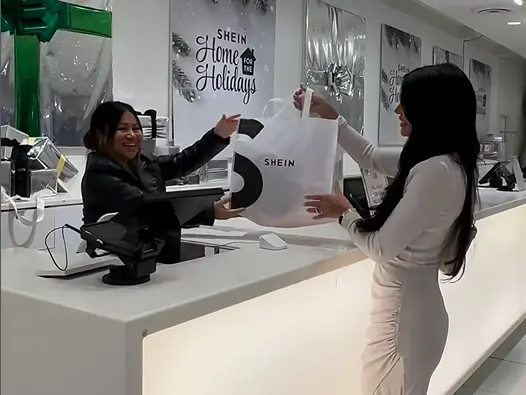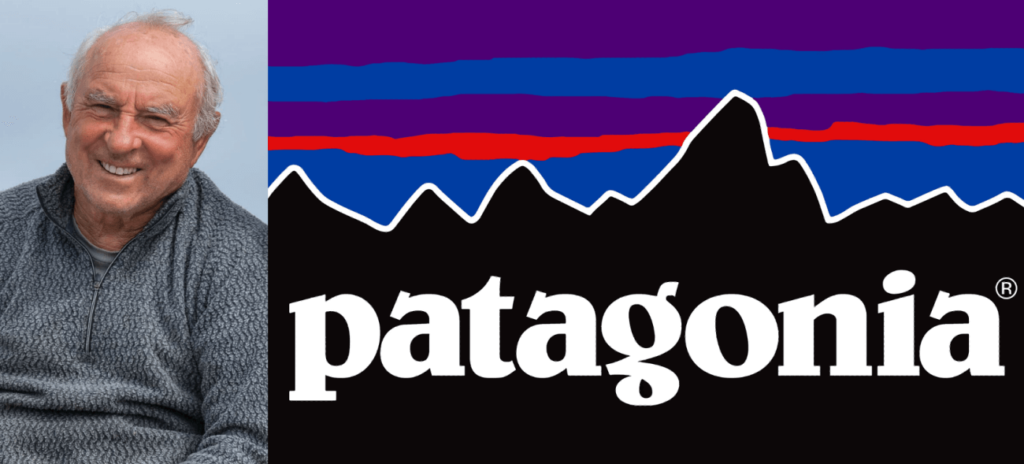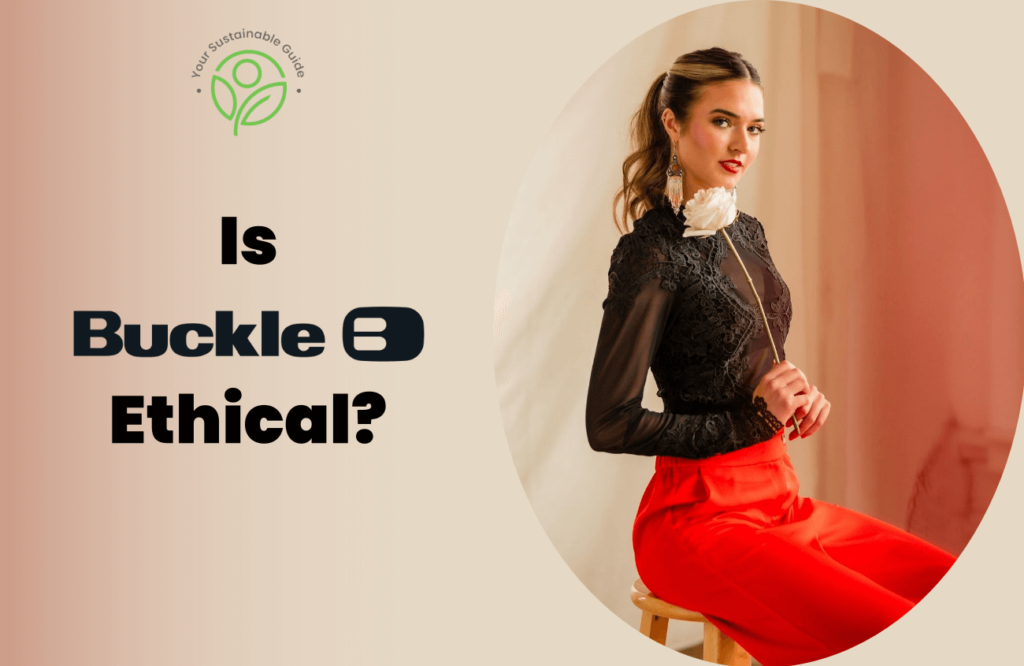Shein has confidentially filed for an Initial Public Offering (IPO) in New York. The fast fashion behemoth is targeting a valuation of up to $90 billion in the first-time share sale, which will be a substantial increase from its last valuation of $66 billion. Known for its super-trendy designs and unbelievably low prices, Shein aims to begin trading publicly as early as 2024.
However, Shein IPO aspirations is facing challenges around ethical grounds. One major allegation hauled at the retailer is that some of its products are produced using forced labor, particularly from the Uyghur community in China’s Xinjiang region. Additionally, it is entangled in a legal battle with PDD Holdings Inc.’s Temu over violation of anti-trust laws. These are just some of the many accusations against Shein that are becoming hurdles in its listing process.
Owing to all the controversies, investors will likely question Shein management’s ability to navigate these challenges while sustaining its dominant market position. And the retailer must convince skeptical investors, regulators, and lawmakers that these controversies won’t impede its growth as it prepares to become the fifth-largest consumer company IPO.

Goldman Sachs, JPMorgan Chase & Co., and Morgan Stanley are all set to lead Shein’s IPO, and the company will collaborate with the U.S. Securities and Exchange Commission (SEC) to address queries and refine its paperwork. Once the filing is public, the details of these communications and any modifications to the paperwork will be released.
Shein’s ascent to global prominence has been spectacular, driven by its cutting-edge manufacturing technique and remarkably low pricing policy. But, the company has always been in the news for its unethical supply chain practices, labor law violations, environmental harm and intellectual property theft from independent designers. For years, Shein maintained a low profile until recently, when it began opening up, possibly as part of its preparation for entering Wall Street.
Despite increasing visibility, Shein IPO plans now come under heightened scrutiny. The company is currently under investigation by the House Select Committee on the Chinese Communist Party, and its ties to Beijing have raised concerns among lawmakers. 16 Republican attorneys general have urged the SEC to verify Shein’s ethicality by ensuring that its supply chain is free from forced labor before allowing it to trade in the U.S.
As the Shein IPO journey continues, the next few months will be crucial in determining how effectively the company can navigate its ethical challenges while convincing stakeholders of its commitment to responsible business practices. The outcome will shape the perception of Shein not just as a fast-fashion giant but as an ethically accountable market player.







